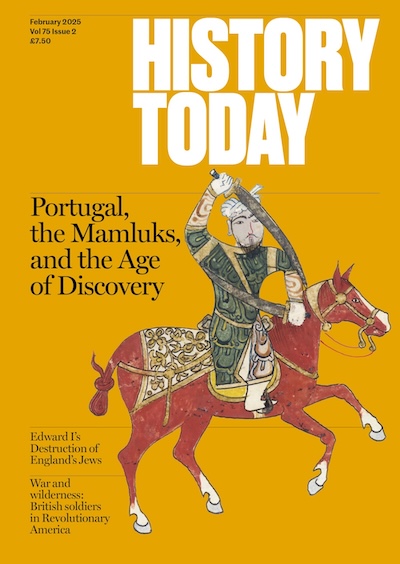Elizabeth I: Gender, Power and Politics
Susan Doran looks at what it meant to be a female monarch in a male world and how the Queen responded to the challenges.
Judging from the results of 2002’s BBC television poll of Great Britons, Elizabeth I is the best known and most admired English monarch, at least among those members of the public who decided to vote. Given her high profile in films and biographies, the Queen’s relative success in the poll is perhaps unsurprising, especially as her life was so full of incident and drama. The evidence suggests, however, that it was specifically Elizabeth’s ability as a woman to exercise power successfully in a man’s world that earned her the votes and commanded the respect of today’s viewers; she scored highest on her bravery and leadership qualities, while the comments of her supporters, as reported on the BBC website, emphasised her difficulties as a female ruler and her role as ‘the ultimate British feminist icon’.





